RET Plants
of Southern Western Ghats
of Southern Western Ghats
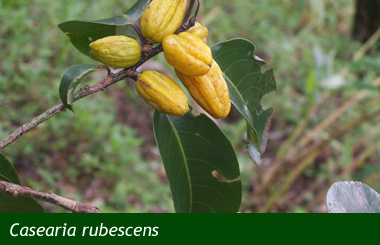
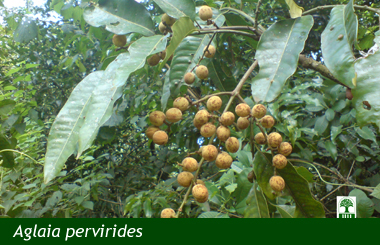
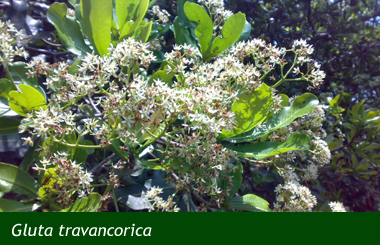
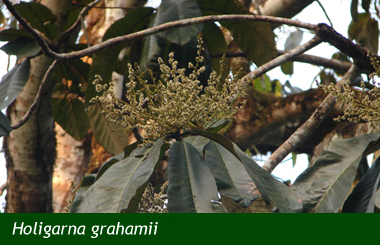
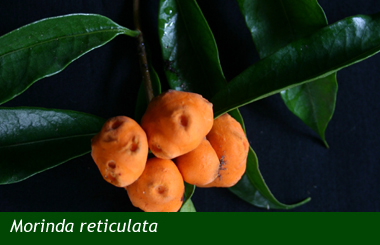
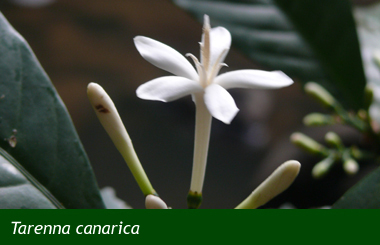
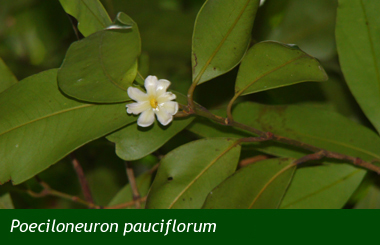
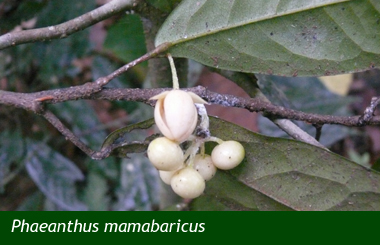
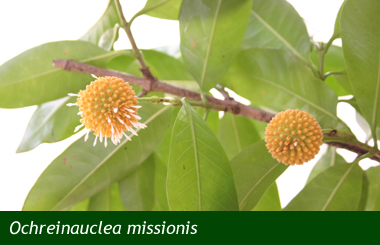
The Western Ghats of Peninsular India has been recognized as one of the 34 hotspot areas in the world in terms of species and endemism. Among the 5,500 flowering plants reported from the region, 2,015 species are reported as endemics. In the Western Ghats, the Southern Western Ghats consisting southern parts of Karnataka, Kerala and Southern Tamil Nadu(View Map) are the richest in terms of diversity. Plant diversity in the area estimates over 4,500 flowering plants of which 1,500 are Western Ghats endemics. However, a comprehensive account about the Rare, Endangered and Threatened (RET) flowering plants of the region and the research work carried out on these plants is lacking. As a result, many of the studies are found overlapping and repetitive.
This is the first comprehensive database on Rare, Endangered and Threatened (RET) plants of Southern Western Ghats.
The 760 RETs spread over in 332 genera in 109 families. The information available on 260 RET plants are included. Of these, 2,159 abstracts pertained to various studies available on each species are incorporated. In certain cases, where the abstracts are not available, citations of 51 publications are provided. Abstracts of publications are compiled from Commonwealth Agriculture Bureau International(CABI), Google Scholar, Indian Forestry Abstracts, R&D Library Information Systems.
Kerala Forest Research Institute (KFRI) has a multidisciplinary team of experts conducting research on tropical forestry. The Institute has contributed significantly to research in tropical forestry and biodiversity conservation over the past four decades of its existence. Founded in 1975, Institute is envisioned as a Centre of Excellence in Tropical Forestry to provide scientific support for decision making on matters related to forestry, with particular emphasis on conservation, sustainable utilization and scientific management of natural resources. KFRI became a part of the Kerala State Council for Science, Technology and Environment (KSCSTE) along with eight other R&D Centres of the State, when the KSCSTE was constituted in 2002.
© Kerala Forest Research Institute | Design: Angels&Prophets IT Solutions